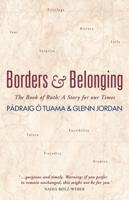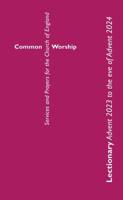Publisher's Synopsis
Originally an ascribed identity that cast non-Jewish Christ-believers as an ethnic other, "gentile" soon evolved into a much more complex aspect of early Christian identity. Gentile Christian Identity from Cornelius to Constantine is a full historical account of this trajectory, showing how, in the context of "the parting of the ways," the early church increasingly identified itself as a distinctly gentile and anti-Judaic entity, even as it also crafted itself as an alternative to the cosmopolitan project of the Roman Empire. This process of identity construction shaped Christianity's legacy, paradoxically establishing it as both a counter-empire and a mimicker of Rome's imperial ideology.
Drawing on social identity theory and ethnography, Terence Donaldson offers an analysis of gentile Christianity that is thorough and highly relevant to today's discourses surrounding identity, ethnicity, and Christian-Jewish relations. As Donaldson shows, a full understanding of the term "gentile" is key to understanding the modern Western world and the church as we know it.









